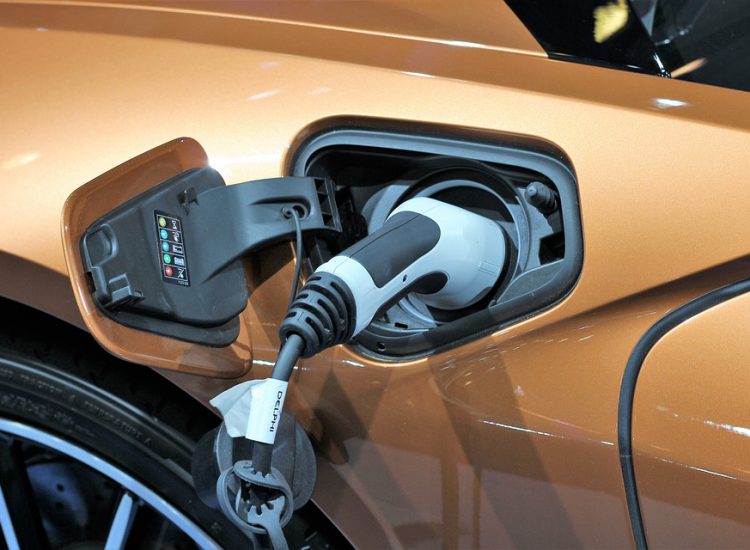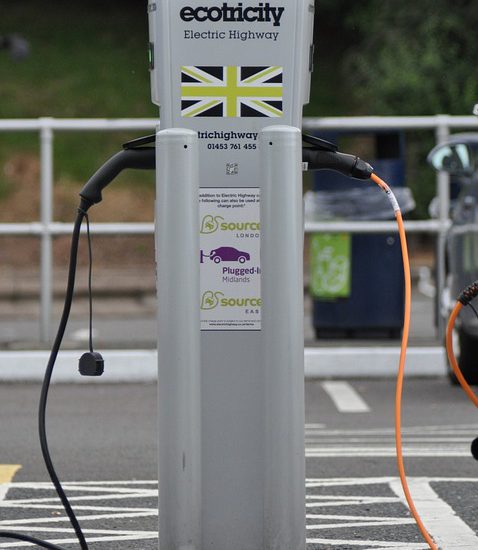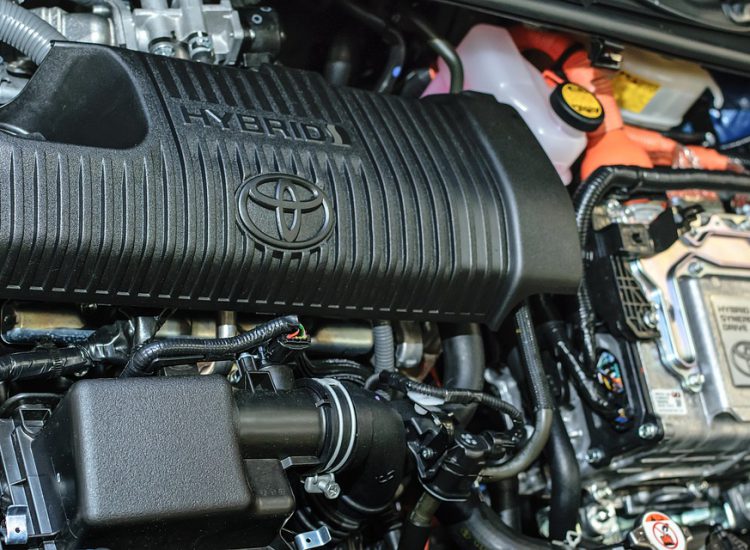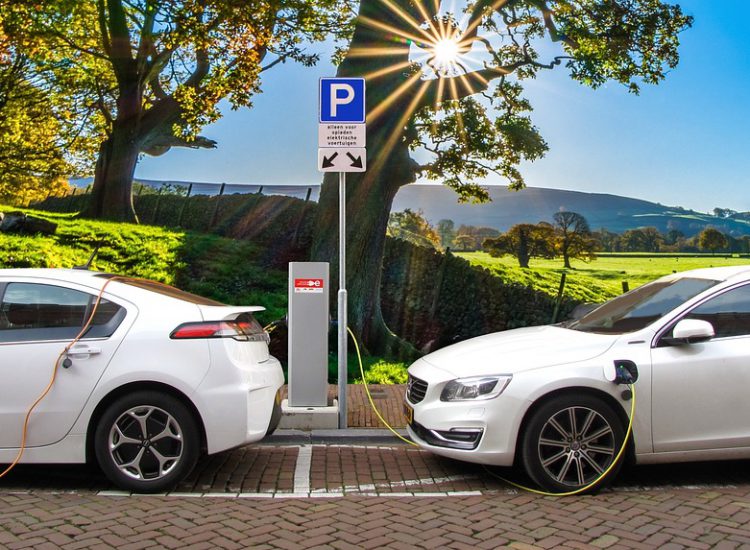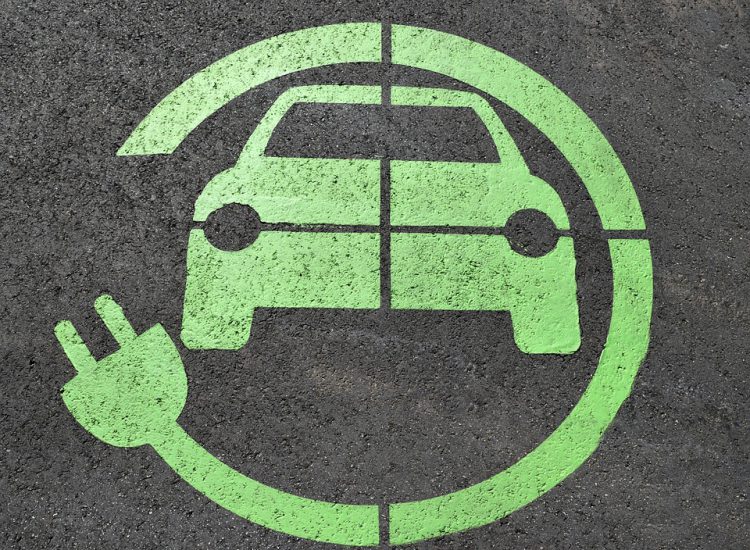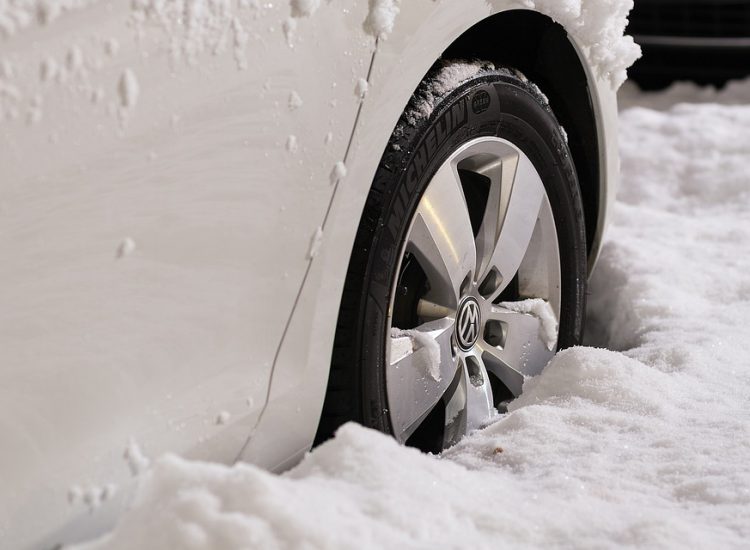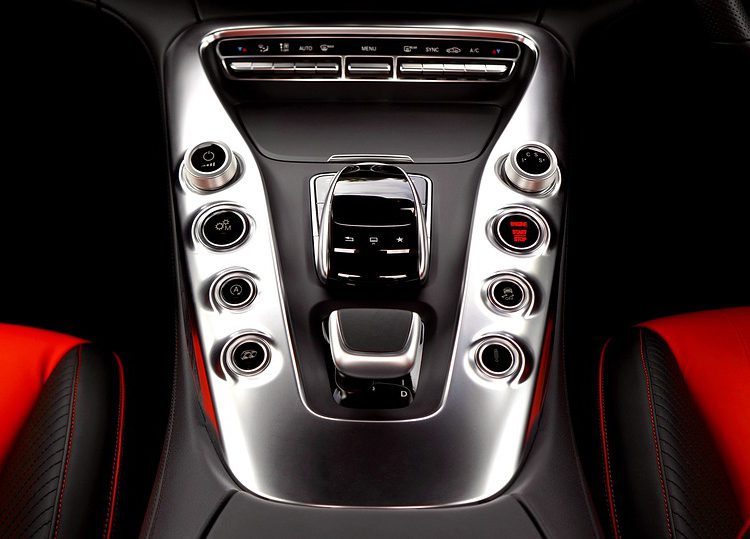For many, electric hybrid cars are a glimpse into the future of automobiles. They use less petrol, save money and protect the environment. Hybrid cards are favored by consumers, supported by governments, and praised by environmental services. Rising gasoline prices and increasing pollution often drive more parties to the hybrid-electric car promotion party.
These plastic and aluminum cars are the future of the automotive industry. While these hybrid vehicles run strictly on power, they eliminate the use of large amounts of fuel each day. Imagine the difference a year would make if everyone on the road switched places. This idea is unrealistic, because most families don’t have the money to spend on a new hybrid car.
Most consumers appreciate a hybrid car because it does not emit a lot of fuel when driving. The gas also stops immediately as soon as the car comes to a stop. The effect will be visible in a matter of years. Apart from being a favorite in environmental service, the hybrid vehicle also has rechargeable batteries. Unlike most products, these batteries charge on their own, once they know they’re almost dead.
Although electric cars run strictly on power, hybrid cars are more economical. Unlike an electric car, a hybrid car does not need a place to plug it in. They contain rechargeable batteries that work on their own, and can be recharged at any time or area. A significant disadvantage of an electric car is that in order to recharge it must be plugged into an electrical outlet. This is quite problematic, as there aren’t many areas for this quick fix. Hybrid cars are also much more affordable, and will continue to get cheaper over time. While electric cars have their advantages, there are a lot of negatives to think about.
For the younger generation, hybrid cars are a fashionable thing. For environmental services, it means less pollution. The upfront cost of owning a hybrid is certainly more expensive than owning a conventional car, but the total ownership of a car may not seem expensive at all in the long run. With technology constantly changing and consumers becoming more aware of environments, these cars may end up in our garages. If it means spending a few extra dollars to cut back on fuel and save our lives and planet, hopefully the majority of consumers will consider that option. If not, there is a much bigger problem facing this world.
